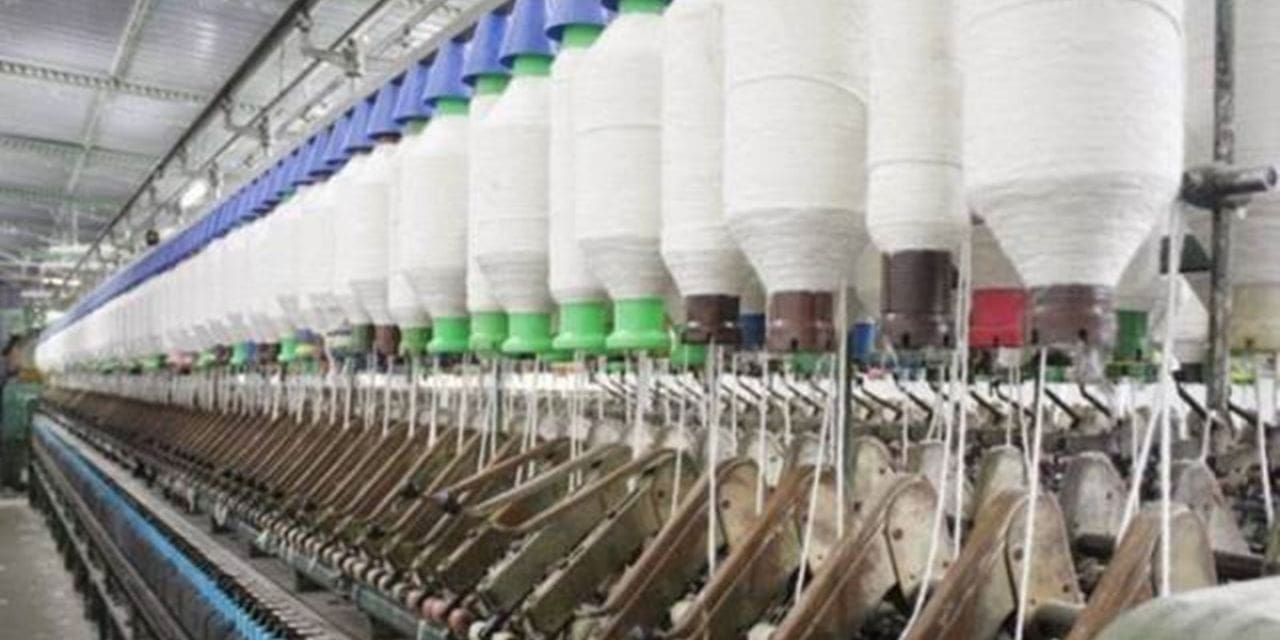On Saturday, the Tamil Nadu government urged the Centre to give the textile industry more time to adhere to the quality control orders (QCOs) for importing viscose and polyester fibres.
The requirement for QCOs for the importation of viscose and polyester fibres shouldn’t be implemented until the Bureau of Indian Standards (BIS) has resolved all outstanding applications submitted by importers seeking QCOs in order to adhere to the quality standards.The state administration has also requested that the Centre exempt filament yarn and artificial fibres, such as bamboo fibres, made outside of India from QCOs.
Tamil Nadu Chief Minister MK Stalin stated in a letter to the Union Textile Minister that while implementing QCOs is extremely praiseworthy as it will increase the By giving the business the time to implement the QCOs, the industry’s interest must also be preserved in order to maintain quality and safeguard the environment. The Tirupur cluster serves as the main hub in Tamil Nadu, a significant state with a long history in the textile industry.
The industry has claimed that a large number of applications from foreign suppliers are still awaiting examination and clearance by BIS, which can only happen after BIS officials have visited the applicants’ production facilities in their home countries.
Even if these suppliers meet the QCOs requirements, the importation of these fibres cannot begin until the BIS inspectors have completed all the necessary steps and approved the applications.
Given the situation, numerous producers of textile fabrics and apparel who have made orders for these fibres and whose shipment is in transit will probably experience significant business losses.
The chief minister made the point that if the import of the necessary high-quality fibres were delayed, domestic producers of value-added goods would be forced to reduce their standards of quality and eventually lose customers.
It’s important to remember that MSME businesses often rule the textile industry. The establishment of testing infrastructure by manufacturers to achieve BIS certification has been mandated by the authorities; this is an expensive and unfeasible requirement for MSME firms.
The raw material sourcing orders are placed in accordance with the fashion cycles, which are scheduled more than six months in advance. Therefore, these deadlines for implementation could impede a number of ongoing processes. Additionally, development of fresh, sustainable fibres with distinct properties has been made in viscose and polyester yarns. ongoing R&D makes it feasible to develop traits.
Such fibres might preclude the application of general QCOs. In the case of viscose fibre, the BIS standard is available for typical viscose fibre but not for bamboo viscose fibre, which government sources claim is in high demand in the export market due to its anti-bacterial and anti-microbial properties.Regarding BIS’s implementation of mandatory certification through various QCOs for various types of man-made and viscose fibres, the textile industry has some concerns. They worry that the QCOs issued by the textile ministry on viscose staple fibres were only given one month to be implemented. Later, two extra months were added to make it effective. beginning March 29, 2023.
Similar to this, the Ministry of Chemicals and Fertilisers has announced that the Polyester Stable Fibre QCO would go into effect on April 3, 2023. QCOs will go into effect on July 3, 2023, for polyester fully drawn yarn (FDY), polyester partially orientated yarn (POY), polyester industrial yarn (IDY), and 100% polyester spun grey and white yarn.

